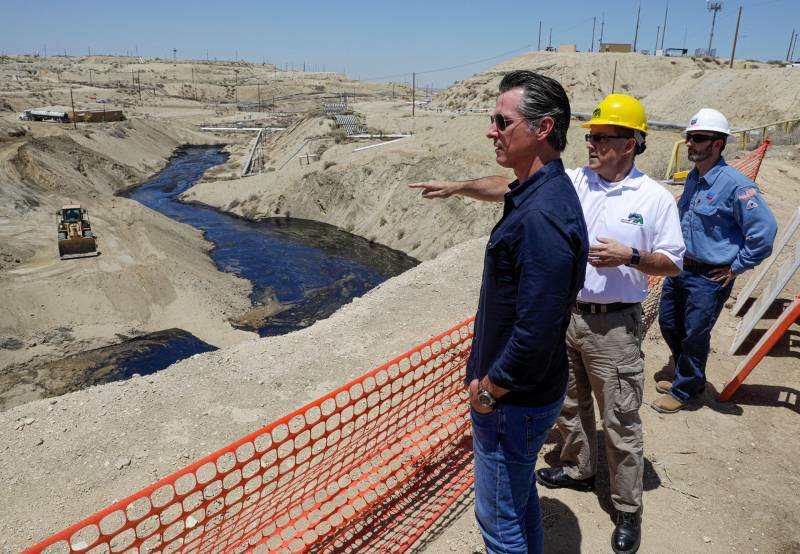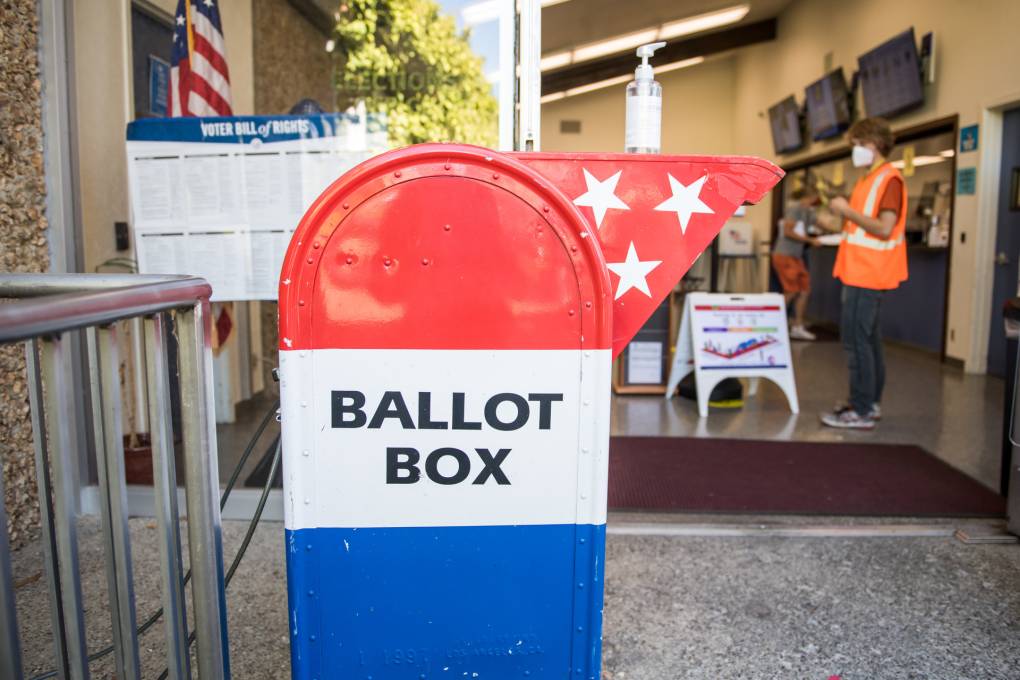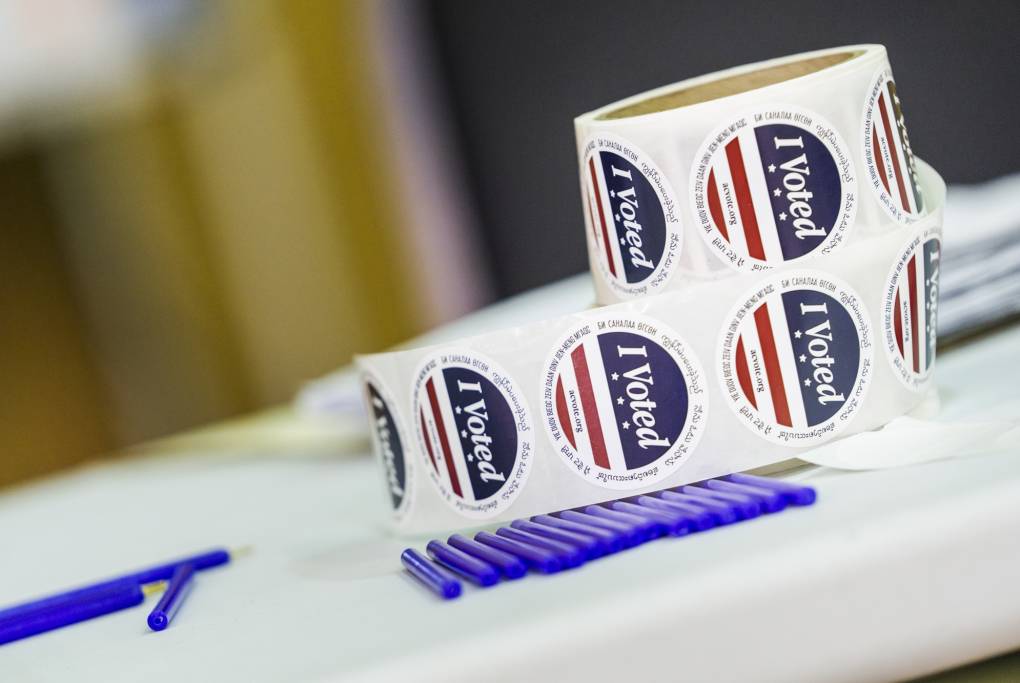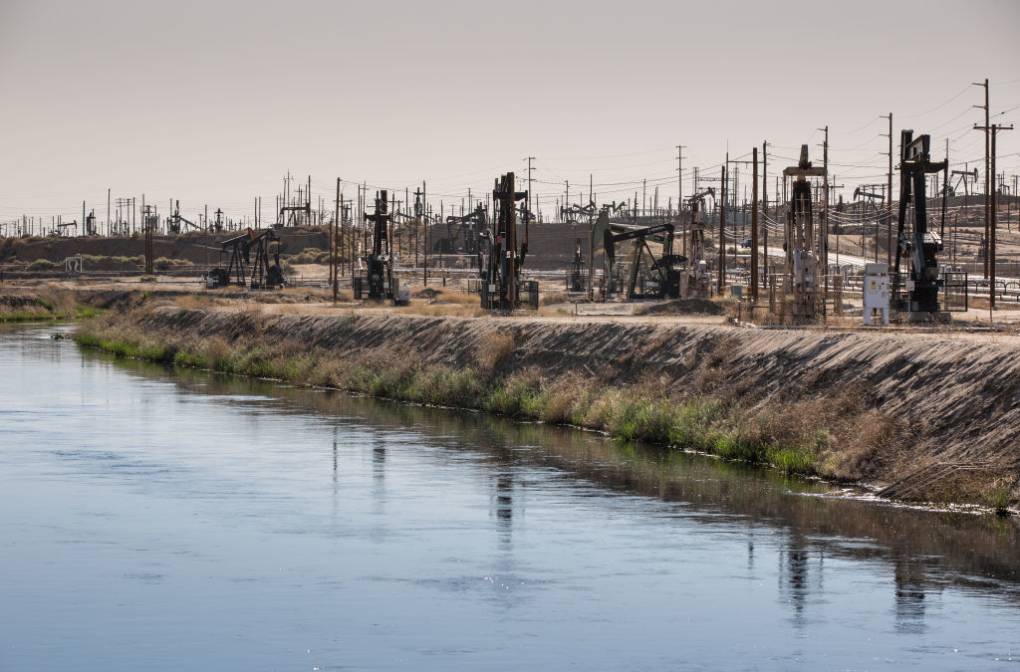Gov. Gavin Newsom has dropped a bid to add dozens of staff members to the agency that oversees oil and gas drilling in California.
That’s after a leading energy industry group asked his administration for help as it deals with a severe drop in fuel demand due to the state’s coronavirus stay-at-home orders.
The governor’s initial 2020-21 state budget proposed adding 128 analysts, engineers and geologists to the California Geologic Energy Management Division, or CalGEM. Oil producers would have had to pay $24 million to fund the expansion.
“Earlier proposals to expand staff at CalGEM have been withdrawn due to COVID-related economic issues impacting that sector and our fiscal health in our state,” Natural Resources Agency Secretary Wade Crowfoot said Thursday after Newsom unveiled his revised budget.
“But rest assured that CalGEM continues to ensure full regulatory oversight,” Crowfoot said.
At the end of March, the California Independent Petroleum Association — which represents 500 crude oil and natural gas producers — sent Crowfoot a letter urging the administration to drop the CalGEM proposal.
CIPA said at the time that the costs and extra oversight would further hurt an industry struggling after a pandemic-driven collapse in demand for gasoline and jet fuel.
“This proposal would have increased staffing by an additional 40 percent while in-state production has gone down,” said CIPA CEO Rock Zierman in a statement to KQED on Friday. “Adding new positions would have added general fund pension obligations for taxpayers at a time when the state is facing a massive deficit and the governor is looking at ways to reduce all state operating costs.”



